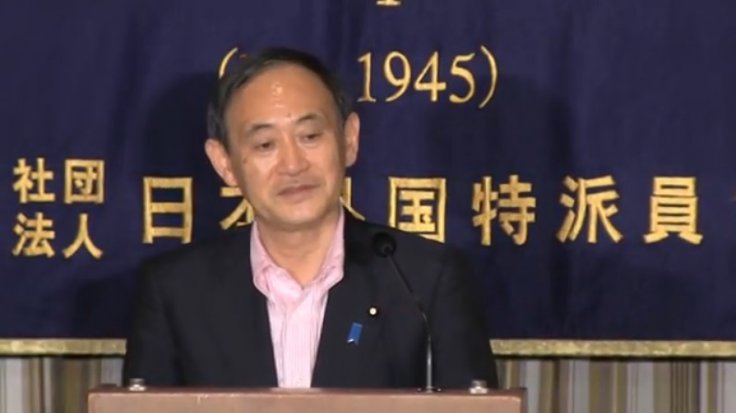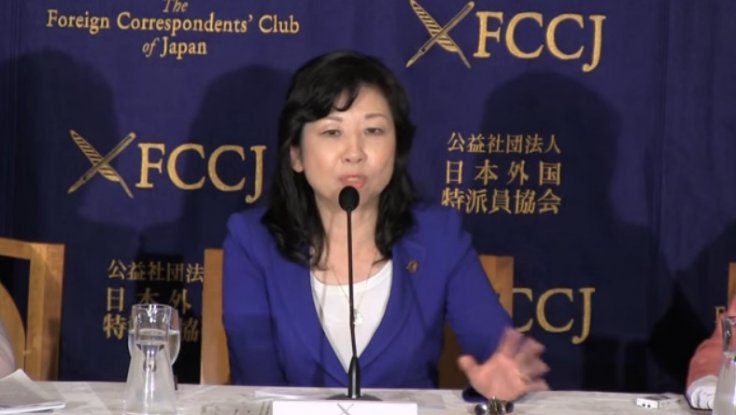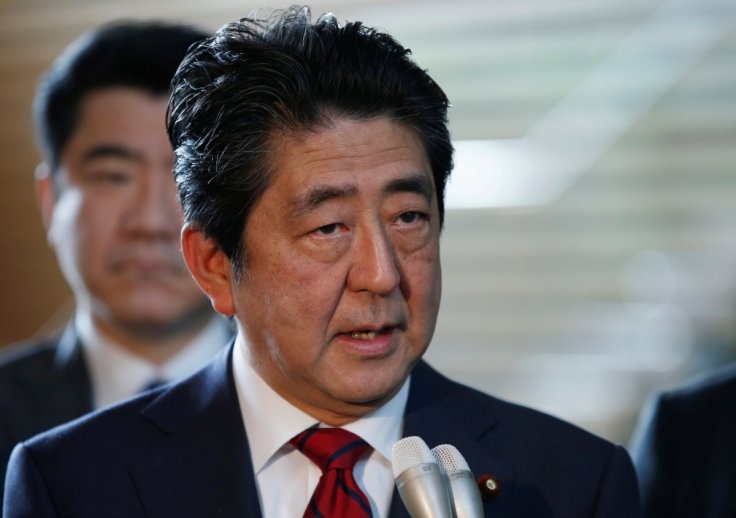All eyes are on Tokyo to see who will be the next Prime Minister, with the country's Chief Cabinet Secretary Yoshihide Suga moving a step closer in the race. The ruling party decided on Tuesday on a slimmed-down leadership vote to decide the country's next head after Prime Minister Shinzo Abe abruptly announced last week that he would step down from his position due to chronic health problems.
Former cabinet minister Seiko Noda, who was being touted as one of the biggest contenders for the position, said on Tuesday that she would not run. That said, the choice is neither in the hands of the Japanese people, nor will it be decided within the confines of the Diet, Japan's parliament. Instead, the decision rests solely within the headquarters of the ruling Liberal Democratic Party.
Suga Leads the Race

Although Suga hasn't publicly announced his candidacy, he has won the backing of the largest faction of the Liberal Democratic Party (LDP), making him a strong front-runner to replace Abe. However, Suga has expressed his intentions to run for the post in private circles.
Suga, who is one of the most trusted lieutenants of Abe and has played a key supporting role, initially denied interest in the top job. However, he attracted attention lately with a series of interviews to media outlets, just days before Abe's resignation for health reasons. According to reports, Suga is likely to now announce his candidacy on Wednesday.
Meanwhile, Noda, the former internal affairs minister and one of the biggest contenders for the LDP's leadership, said that she won't be running. However, that doesn't mean Suga won't face competition. Environment Minister Shinjiro Koizumi, 39, the son of charismatic former premier Junichiro Koizumi and considered a future premier, too has decided not to run, but he would back Defence Minister Taro Kono. Also Tomomi Inada, who is known as a fiscal hawk, has shown interest in becoming Japan's first female premier.

Shigeru Ishiba is another possible replacement for Abe. The former defense minister has been one of the biggest LDP critics of Abe, and regularly tops surveys of lawmakers whom voters want to see as the next premier. However, he is less popular with the party's lawmakers.
Not an Easy Job
Stepping into Abe's shoes definitely looks lucrative but things won't be that easy. The media focus will be on the policies of the candidates seeking to become Japan's Prime Minister. But policies are not the ultimate determinants. Instead, what needs to be seen is the mechanics of how a successor will be chosen, since that has a lot more to do with who will succeed Abe than the agenda that the individual will champion once in the post.
The 71-year-old Suga definitely is a preferred choice at this point given that he is most likely expected to stay the policy course set out by Abe, including the "Abenomics" strategy aimed at reviving the economy and helping the country get back on its feet following the Covid-19 pandemic.

Even Suga understands that. He decided to join the LDP race believing that he has the ability to play a leading role, given expectations for his ability to manage crises, such as the coronavirus pandemic and Japan's deepest postwar economic dive.
Suga was chosen by Abe in 2012 for the pivotal role of chief Cabinet Secretary, acting as top government spokesman, coordinating policies and riding herd on bureaucrats. Moreover, the decision by LDP general council to keep rank-and-file party members out of the leadership vote makes Suga's position even stronger in the race to become Japan's next premier. Toshihiro Nikai, LDP Secretary-General, whose faction is backing Suga, said that a simplified vote by party MPs from both chambers of parliament and heads of local chapters would be taken in the interest of speed.









